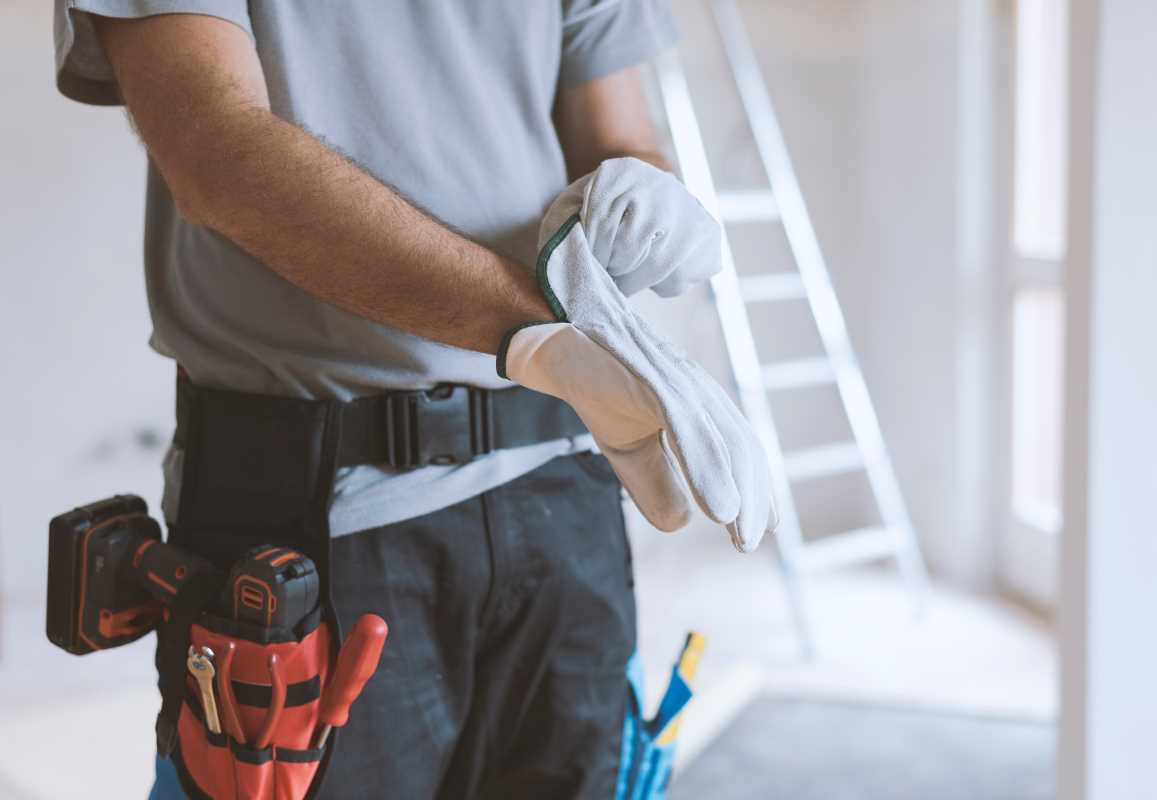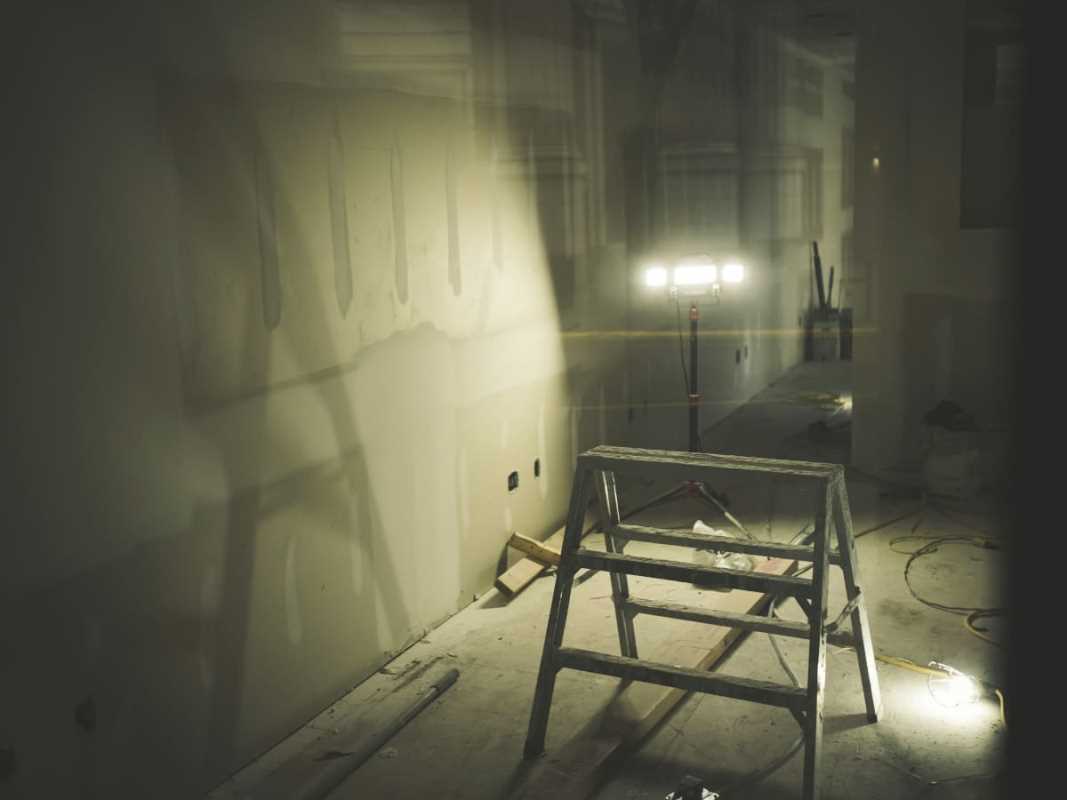A sudden home repair issue, like a leaking pipe or a broken appliance, can be a significant source of stress. The urgency of the situation often makes it difficult to find a trustworthy professional who can resolve the problem quickly and effectively. Navigating the process of finding a reliable contractor requires a clear and methodical approach. We’ve got you covered with a straightforward guide to help you identify skilled and dependable home repair services. This article will provide you with actionable steps for vetting professionals, asking the right questions, and avoiding common pitfalls, empowering you to handle any repair with confidence and peace of mind.
Starting Your Search: Where to Look First
Your initial search for a home repair service should focus on gathering a list of potential candidates. Using a variety of trusted sources will give you a well-rounded pool of options to choose from, rather than relying on a single online search.
Leverage Personal Recommendations
One of the most effective ways to find a trustworthy contractor is through word-of-mouth referrals. Reach out to friends, family members, neighbors, and colleagues who have recently had similar work done. People in your network can provide honest feedback about their experiences, including the quality of the work, the professionalism of the service, and the fairness of the pricing. A personal recommendation offers a level of trust that online reviews cannot always match.
Utilize Trusted Online Platforms
Several online platforms are designed to connect homeowners with reputable service professionals. Websites like Angi, Thumbtack, and HomeAdvisor compile customer reviews, ratings, and often business credentials in one place. These platforms allow you to compare multiple contractors in your area efficiently. Be sure to read through a variety of reviews, paying attention to both positive and negative feedback to get a complete picture of a company’s performance and customer service.
Consult Local Hardware Stores
Employees at your local hardware or home improvement store are frequently a valuable resource. They often have firsthand knowledge of local contractors who purchase supplies from them. These employees may be able to recommend professionals who specialize in the specific type of repair you need, providing you with leads you might not find elsewhere.
Vetting Your Candidates: Essential Steps for Verification
Once you have a shortlist of potential contractors, the next crucial step is to vet them thoroughly. This verification process helps ensure you are hiring a qualified, legitimate, and reliable professional. Taking these steps can protect you from poor workmanship and potential scams.
Confirm Licensing and Insurance
A legitimate contractor must hold the necessary licenses and insurance required by your state or municipality. Licensing indicates that the professional has met the minimum standards of competency and knowledge for their trade. You can typically verify a contractor's license through your state's licensing board website.
Equally important is insurance. A reputable service provider should carry both liability insurance and workers' compensation. Liability insurance protects your property from any damage that might occur during the repair process. Workers' compensation covers any injuries the contractor or their employees might sustain while on your property, protecting you from potential legal issues. Do not hesitate to ask for proof of these documents.
Scrutinize Reviews and References
Online reviews offer valuable insights, but it is important to analyze them carefully. Look for detailed reviews that describe specific aspects of the project. A large number of recent, positive reviews is a good sign. Be cautious of contractors who have very few reviews or a pattern of unresolved negative complaints.
Beyond online reviews, ask each candidate for a list of references from recent clients. Contacting these references allows you to ask specific questions about the contractor’s punctuality, communication, and the quality of their completed work. This direct feedback is one of the best indicators of what you can expect.
Request Multiple Written Estimates
For any significant repair, you should obtain written estimates from at least three different contractors. An estimate should be more than just a total price; it should provide a detailed breakdown of the costs for labor and materials, along with a projected timeline for completion.
Comparing multiple detailed estimates helps you identify the fair market rate for the job. Be wary of an estimate that is significantly lower than the others, as this could be a red flag for subpar materials or inexperienced labor. A professional estimate is a sign of a transparent and well-organized business.
Making the Final Decision: What to Look for
With your research complete, you can now make an informed decision. The final choice should be based on a combination of qualifications, communication, and overall professionalism.
Prioritize Clear Communication
A reliable contractor will communicate clearly and professionally throughout the entire process. During your initial conversations, pay attention to how they respond to your questions. Are they patient, knowledgeable, and willing to explain the repair process in terms you can understand? Good communication from the start often translates to a smoother, more transparent project. Choose a professional who makes you feel comfortable and heard.
Get Everything in Writing
Before any work begins, ensure you have a signed, written contract. A comprehensive contract is your most important form of protection. The document should include all critical details of the project:
- A complete description of the work to be done
- A detailed breakdown of costs for labor and materials
- The project start and estimated completion dates
- Specific payment terms and schedule
- The contractor's license number and contact information
Review the contract carefully before signing. A clear and detailed contract minimizes the risk of misunderstandings or disputes down the line.
Trust Your Instincts
Finally, pay attention to your own judgment. Your interactions with a contractor should leave you feeling confident and secure. If you feel pressured, or if the contractor is evasive when asked for credentials, it is best to move on to another candidate. The professional you hire will be working in your home, so it is essential that you feel a sense of trust and respect. You have the power to make a well-informed choice that protects your home and your investment.
 (Image via
(Image via





